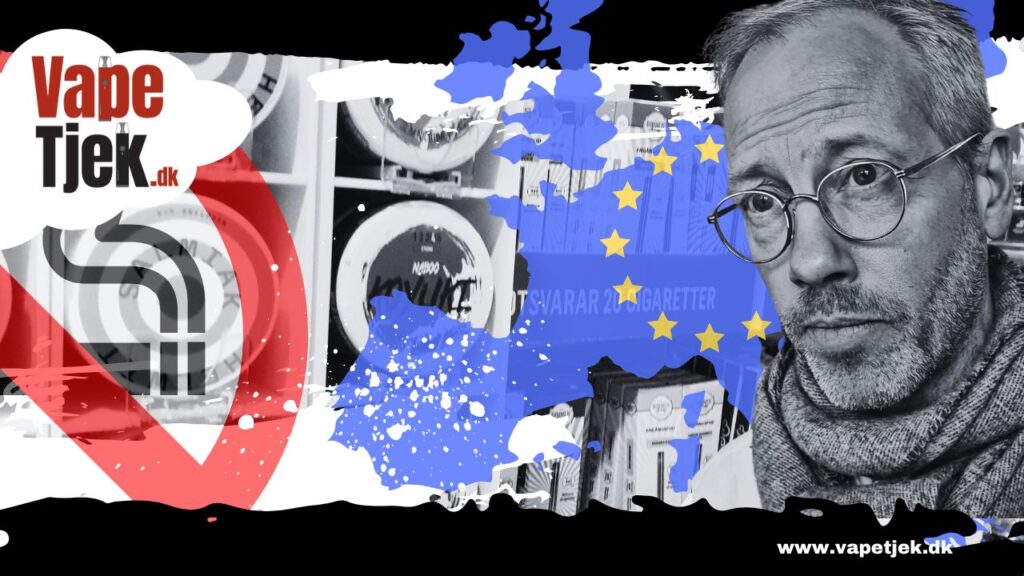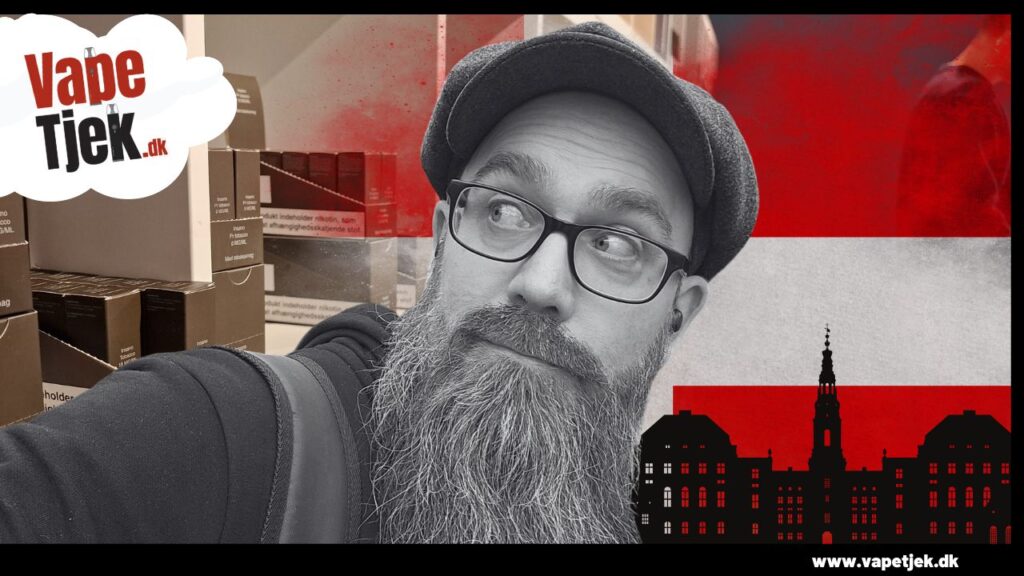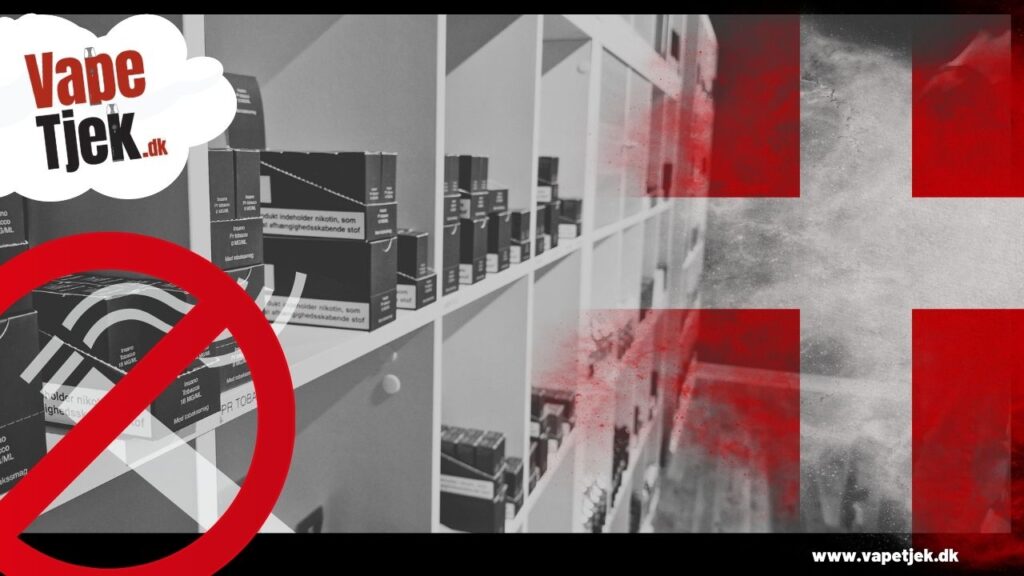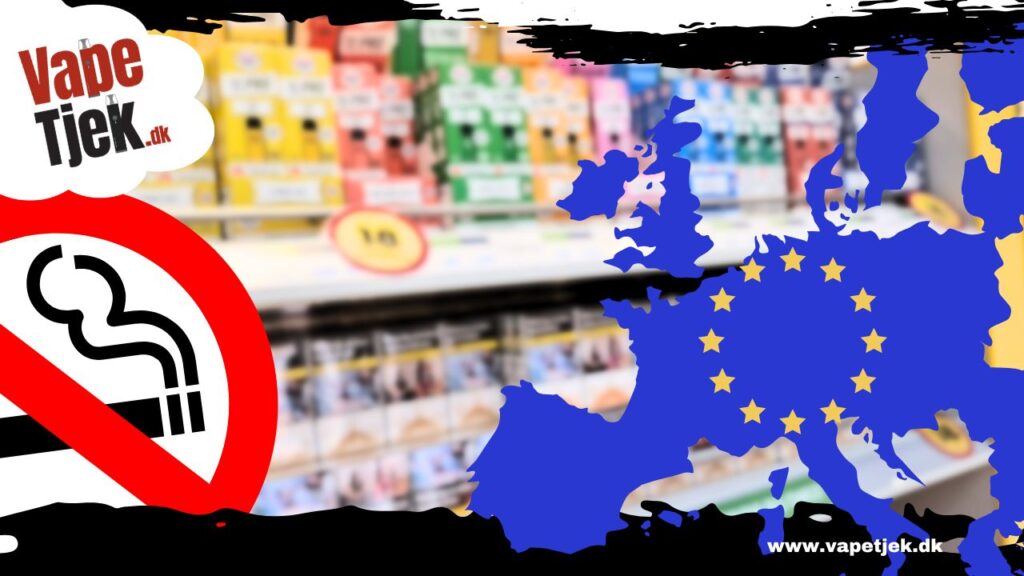"Authorities have a responsibility to promote the alternatives"
E-cigarettes and other smoke-free products could save the lives of many smokers. Yet the biggest tobacco companies still choose to focus on traditional cigarettes. This is according to the new Tobacco Transformation Index.
Tobacco companies are poor at producing and marketing products that reduce the harms of tobacco smoking. This is according to a new analysis that measures how companies invest in smoke-free nicotine products such as snus and e-cigarettes.
"Despite promises to focus on less harmful products, traditional cigarettes still account for 95 % of sales among the top 15 tobacco companies," says Derek Yach, Chairman and Founder of Foundation for a Smoke-Free Worldwhich is behind the Tobacco Transformation Index.
Pensions drive tobacco companies
Tobacco Transformation Index is launched as a tool to influence the development of harm reduction in the tobacco and nicotine industry. The aim is for investors, health organisations and policy makers to get a clear picture of what tobacco companies are actually doing to reduce the harm their products cause.
"Banks and pension funds account for 85 % of investments in listed tobacco companies. They have a great opportunity to influence the development of harm reduction products, which will have a positive impact on public health," says Derek Yach.
8 million die annually from smoking
According to Foundation for a Smoke-Free World 1.3 billion people use tobacco worldwide. Of those, 8 million die each year from smoking-related diseases.
"Smoking cessation and harm reduction products could significantly reduce deaths in the coming decades," says Derek Yach.
Authorities have a big responsibility
According to Derek Yach, the index is part of a larger strategy to reduce smoking globally. But it's not enough for the tobacco industry to invest in less harmful products. Governments - especially those that have signed the WHO Tobacco Convention - have an important responsibility.
"Real change will only happen when all tobacco companies start phasing out cigarettes themselves. But for that to work, governments must legislate wisely to promote the alternatives. The WHO can play an important role by supporting harm reduction in tobacco policy," says Derek Yach.
Prohibition is a barrier
But as it stands today, the WHO and many other organisations have a very negative attitude towards e-cigarettes. This affects countries all over the world, especially low-income countries where smoking is most prevalent. Also, various bans on e-cigarettes in countries such as Denmark, the Netherlands, the US and India are becoming a direct barrier to development. According to Derek Yach, this only benefits cigarette sales.
"We need better strategies to tackle the harm caused by cigarettes and toxic tobacco products. With a common harm reduction strategy, we can push the tobacco industry to change direction. It would save many lives - but progress is frustratingly slow." he says.
Snus and e-cigarettes are growing slowly
Unsurprisingly, the company that focuses most on harm reduction when it comes to marketing and sales is Swedish Swedish Match. Snuff sales account for almost half of the company's revenue. This is followed by Philip Morris Internationalwith lower risk products accounting for 19 % of total sales. British American Tobacco comes in third place with 5 %.
Tobacco Transformation Index is based on 35 different indicators from companies, including budgets for marketing, sales and research. The index is updated every two years.
Foundation for a Smoke-Free World is an organisation with the goal of creating a smoke-free world within one generation. The organisation was founded with support from Philip Morris International in 2018, but operates and makes decisions independently of its contributor.









